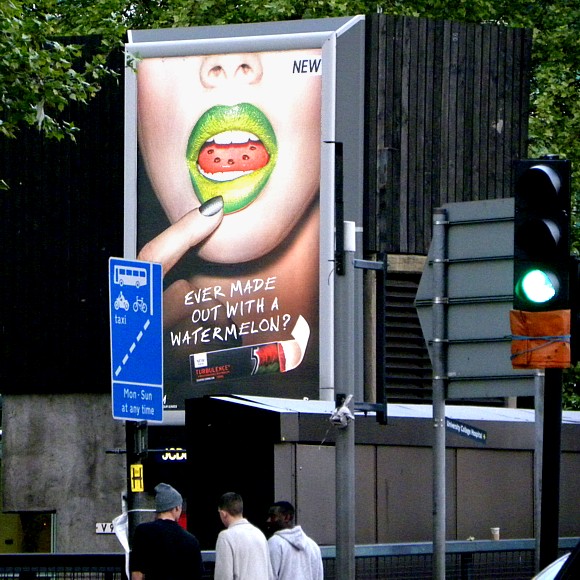Researchers have begun to dive into studies of how the objectification of women in sexist ads portray the way society sees them in real life.
In late 2015, Madonna Badger, ad agency co-founder and creative director of Badger & Winters took part in the #WomenNotObjects campaign. As a result, she came across an endless number of ads that exploited women’s bodies simply because “sex sells.” In the campaign video, the majority of the women mocked each ad as the video progresses, but one said, “I’m only here for your entertainment,” which ironically is the hard truth behind these ads.
In honor of Badger’s late daughters, who passed in an unfortunate event in 2011, she compiled a video to step forward in the campaign. Badger wanted to make a change and help young women.
“I want my life to have a purpose,” said Badger. She wanted to expose the ad industry for its objectification of women and the negative effects it puts on youth.
“I love my job but I don’t want to do if it if hurts anyone.”
Ad models know that they are there to make the product look good by looking good. They step into the scene fully understanding the exploitation of their sexuality, but that does not mean they agree with it.
Badger hopes to raise awareness of this culture by the use of the hashtag #WomenNotObjects as a conversation starter.
“I am your mother, daughter, sisters, coworker, manager, CEO,” a mantra used to help kill the culture of objectification of women.
In order to teach society to respect women, we need to start from the root. Children of this decade are born and raised into this culture, so if there is any method — it is simply teaching children to respect women from a young age so that they can grow to be a better generation.
Article via Mashable, 27 January 2015
Photo: Racy chewing gum ad in London by Todd Mecklem [Creative Commons Attribution-NonCommercial-NoDerivs]

